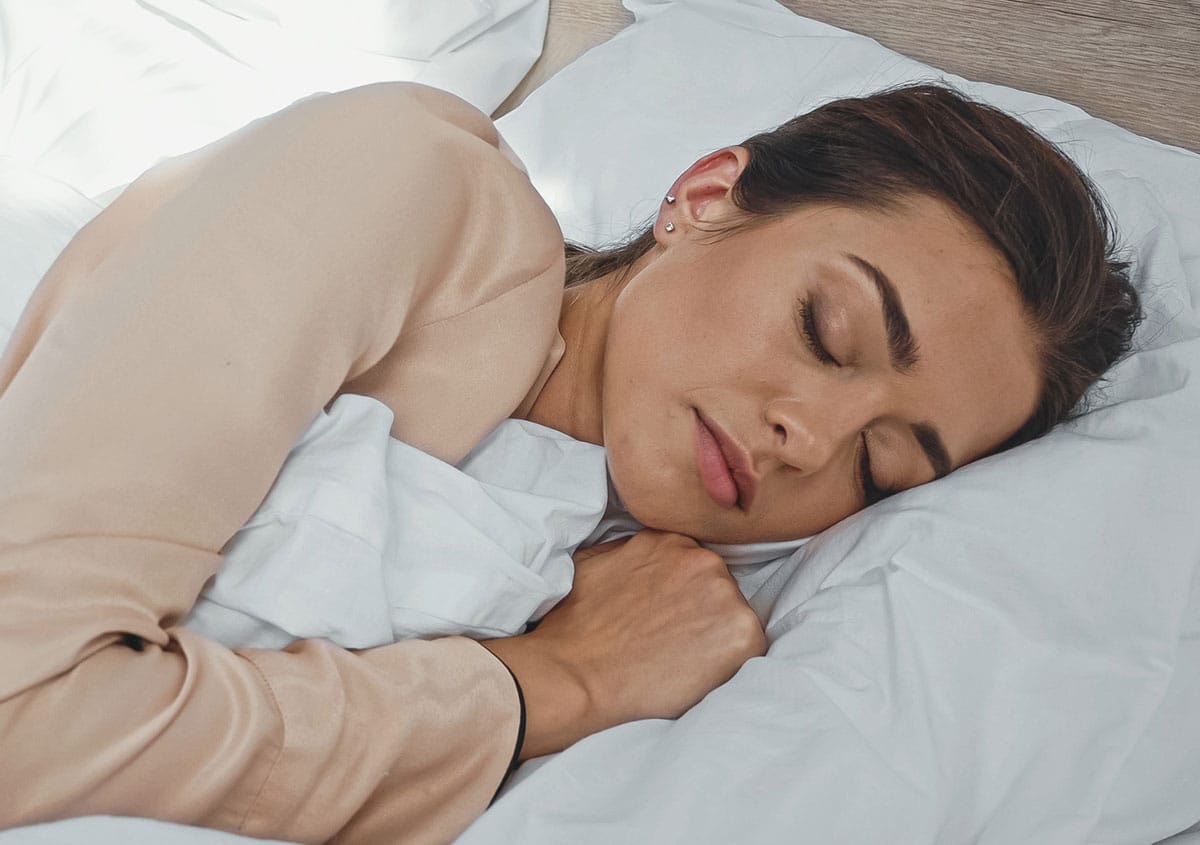
19
Oct
What You Need to Know About Teeth Grinding

Teeth grinding is a little talked about issue that can affect as many as one-third of all U.S. adults. It’s about more than just the longevity and appearance of your teeth. People with teeth grinding, whether they are awake or asleep when they start grinding their teeth can have a wide range of other symptoms that hurt their quality of life.
You don’t have to live with teeth grinding and it’s unwanted symptoms.
There are options out there to help address teeth grinding and protect your teeth and jaw. We’re happy to help treat the underlying causes of teeth grinding, or bruxism, here at Goochland Dentistry. Our treatment plants can help you move forward in life, extend the life of your natural teeth, and help reduce discomfort.
Ready to learn more about bruxism or teeth grinding?
What is Bruxism (Teeth Grinding)?
One of the most common misconceptions about teeth grinding is that you have to actively move your jaw with your teeth clenched to cause problems.
The truth is very different.
Your teeth aren’t designed to touch most of the time. Instead, your teeth are only designed to touch while you’re chewing and swallowing, which normally only adds up to a few minutes of direct contact a day.
So even if you aren’t grinding your teeth by moving your jaw back and forth, but you do hold your teeth clenched together during the day or overnight in your sleep, you may still have bruxism.
More severe forms of bruxism do involve actually grinding your teeth together, and this can happen day or night, and you may not even be aware that you’re doing it.
Pay attention to the tell-tale symptoms of bruxism. This way, you know when it’s time to make an appointment with a dental provider like Goochland Dentistry.
Symptoms of Bruxism
There are a lot of symptoms of teeth grinding, and some of these symptoms can be caused by a lot of different situations and disorders. Some are mild and aren’t very disruptive, while other symptoms can cause serious day to day problems.
If you suspect that you might have bruxism it’s important to get your teeth and jaw evaluated so that you can get treatment for the condition before your symptoms progress and get worse.
Signs of Bruxism in your Teeth
Your teeth will start to show some common signs of bruxism, even in relatively mild cases. Here are some symptoms to look out for:
- Small chips in your teeth, especially on the corners
- Flattened tops
- Teeth that appear worn down
- Any sharp edges or corners
- Feeling ragged against your tongue
While many people are mostly concerned about their teeth when they learn that they are teeth grinding, your teeth aren’t the only things that suffer from this behavior.
Your neck, jaw, and head can all have symptoms of teeth grinding as well. You may also notice muscle soreness, changes in hearing, and other symptoms as a result of teeth grinding.
Here are some examples of the non-tooth-related symptoms you might experience because of teeth grinding:
- Headaches (especially right away in the morning)
- Ringing in your ears
- Tired or sore neck muscles
- Ache in your jaw, especially where it opens and closes (this ache may be mostly on one side, or shared between both)
Unfortunately, despite the wide range of symptoms associated with teeth grinding, most people aren’t aware that they are teeth grinding until they are diagnosed. You’re even less likely to be aware if you primarily teeth grind at night.
Most dentists will be able to spot the signs of bruxism during your regular dental checkups and cleanings, but it’s important to pay attention to these symptoms in case you develop bruxism between appointments.
You’ll also be better able to answer your dentist’s questions if you know what kind of bruxism symptoms you’re experiencing.
What Causes Bruxism?
There are lots of possible causes of bruxism, but no one knows for sure why it happens. Different dentists have put forward different theories, but it’s difficult to prove what factors or combination of factors result in bruxism.
In some cases it does seem like bruxism may be stress-related, so if you’re very stressed or anxious you may be more likely to have bruxism, especially at night.
But it may also be habitual, especially since most young children also show signs of engaging in bruxism, especially with their front teeth. There may be something satisfying about teeth grinding when we’re younger, which turns bruxism into a habit or a self-soothing technique as you get older.
Whatever the reason for your bruxism, you should seek assistance ending the habit to protect the health of your teeth and jaw.
Common Bruxism Treatments:
Every treatment plan is different, so don’t be surprised if your dentist or periodontist recommends something a little different for your teeth.
One of the most common treatments is to help you develop correct teeth and jaw posture. You might be told lips together, teeth apart as a mantra to help you remember not to clench your teeth during the day.
You’ll also probably be given a plastic nightguard to help prevent the damage from teeth grinding overnight and in your sleep.
Properly designed night guards will also help realign your jaw muscles so that, over time, you’ll stop clenching your jaw and grinding your teeth in the first place. They’ll also help reprogram the nerves in your jaw so that you’re less tempted to clench your teeth the longer you wear the guard.
While there are over-the-counter guards available, they aren’t nearly as helpful since they mostly just protect against tooth damage but don’t help treat the muscular causes of bruxism.
Only a trained professional can create a customized nightguard specifically for your teeth to treat your bruxism.
Schedule an Appointment
Suspect that you might have bruxism or just want to get your teeth cleaned and checked? Our team at Goochland Dentistry will be happy to help answer any questions. We’ll set up an appointment that works with your schedule, and we are qualified to treat difficult issues like teeth grinding and sleep apnea, so you know you’re getting the care you need.







